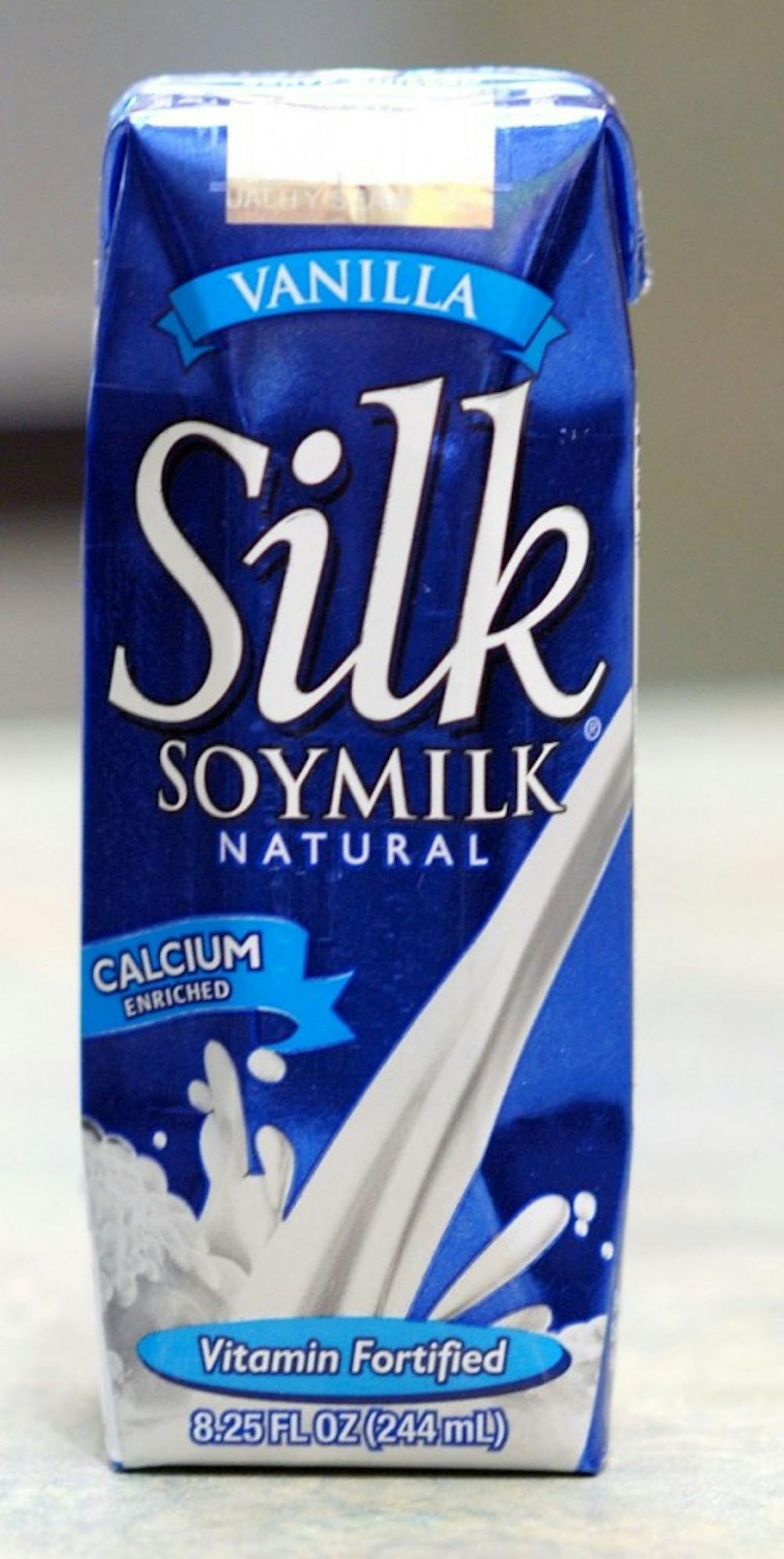A chemical compound found in the greatest amounts in soy products might help to stave off breast cancer, according to the results of a recent UB and Roswell Park Cancer Institute collaborative study.
The findings, based on the data of a survey collected over several years at Roswell, revealed that female diets rich in isoflavone corresponded to the lowest incidents of the disease.
"People noticed that in countries where women tend to eat a lot of soy, such as China and Japan, they have very low breast cancer incidence rates," said Anne Weaver, a graduate student of epidemiology and the lead author of the study.
Because isoflavones act chemically in a manner very similar to estrogens, researchers had long been interested in the effects they could have on breast cancer, since it is almost exclusively a female, estrogen-driven disease. Previously, however, the research done on the effects of isoflavones on breast cancer had yielded ambiguous results; some studies even suggest that high concentrations of the chemical might, in fact, be a risk factor for the disease.
"For every study that you find that says it increases the risk of breast cancer, you can probably find a study that says it reduces the risk, partly because it's really hard to measure what people eat," said Susan McCann, Ph.D, principle investigator for the study at Roswell. "When women are diagnosed with breast cancer, a lot of times their physicians will even tell them not to eat soy."
The UB study seems to shed some light on the issue.
According to Weaver and McCann, however, their study did exhibit one major deficiency: range.
In the Western New York population of women that the dietary data was collected from, nearly 75 percent claimed to eat no soy products at all, leaving only a small portion to base the correlation on.
"There aren't a lot of women in Buffalo who eat soy, so [the majority of] people in our study actually said that they never eat soy," Weaver said. "We asked them about Tofu, about miso soup, and about soy milk, and 75 percent of the people said they didn't eat any of those foods. So the isoflavone intake was very low in this sample."
While soy is by far the most potent source of isoflavones, they are found in lesser amounts in beans, greens, coffee, cereal, chips, and a few other food products. Due to the lack of major soy products in the average Western New York diet, these lesser sources were the primary supplies of isoflavones in the population surveyed.
Because breast cancer has traditionally been a disease with few known modifiable risk factors, diet and nutrition have been growing in popularity as a possible realm where preventative measures can be taken, according to Weaver.
"A lot of the risk factors tend to be things like family history, how many children you have, the age of onset of menstruation, and things like that," Weaver said. "One of the big reasons why dietary studies are being done is because that's something you can control. You can control how much soy you eat, whereas you can't control what age you begin menstruation."
According to Weaver, obesity is one of the only other well-known modifiable risk factors, though studies done in relation to it have yielded paradoxical results, suggesting it could be protective in younger women and a risk factor in older women.
As McCann noted, the study was not necessarily conclusive, owing primarily to the unfortunate small range of isoflavone intake in the population. However, she hopes similar studies will be done in the future to yield consistent results.
In addition, Weaver hopes to see more controlled lab experiments done on the effects of concentrated isoflavones on animal subjects, though that's a job she'll have to leave up to a scientists with a different type of expertise.
"We would like to see the mechanism by which isoflavones may affect breast cancer, but we're epidemiologists, so we're not so much into the mouse studies and things like that," Weaver said. "That would be a future direction we'd like to see this done. We'd like to see more studies like this, too, to see if they get similar results to what we got."
E-mail: news@ubspectrum.com





